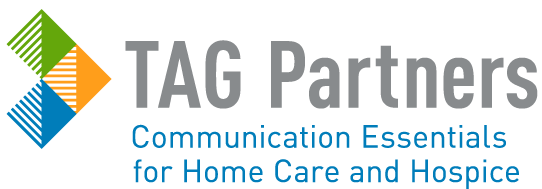While pain is a normal response to illness and injury, chronic pain doesn’t have to be accepted as simply a normal part of aging. September is Pain Awareness Month. This observance is dedicated to helping raise awareness about issues regarding pain and pain management, including increasing access to effective pain management.
Step forward this month to help let members of your community know they’re not alone in their chronic pain experience.
- According to Johns Hopkins Medicine, nearly 100 million Americans experience chronic pain. That’s more than the combined total of all those who have diabetes, cancer and heart disease. Provide a voice for these people by placing an item on your municipal government’s regular meeting agenda seeking to proclaim September as Pain Awareness Month. Sign up to speak about the issue during the meeting’s public comment period, or at the time the proclamation is entered into the record. Here’s a sample proclamation.
- Host an educational session at your local library about misconceptions about chronic pain. Discussing these issues and their various treatment methods can help lessen the stigma and fear that often plague those who need treatment.
- Set up an information table at a local health fair. Provide lots of information about pain management and how your agency can help. Distribute a ready-made newsletter about chronic pain at the event.
- Contact the organizer of a pain support group in your community and offer to provide refreshments (and agency materials) for one of the group’s meetings in September. Visit the website of the American Chronic Pain Association for help finding support groups in your area.
- National Invisible Chronic Illness Awareness Week takes place every September. Call local television news stations and offer to assist them with a news story about this pain-related observance. Find story ideas here.
- Become an advocate and a voice for those with chronic pain. Contact your local newspaper’s health writer and offer to help with an article about pain management. Offer to put them in touch with clients you have helped with this issue. Be sure to identify and speak with clients who agree to do this before you ever contact the newspaper.


